AD | I have been or could be if you click on a link in this post compensated via a cash payment, gift or something else of value for writing this post. See our full disclosure policy and privacy policy for more details.
So you’ve booked an African safari? But what are the unexpected costs.
- You’ve rightly decided to book an African Safari – it will be one of the best things you ever do. If you are still wavering take a look at our Malawi Family Holiday and our Tanzania Family Holiday.
- You’ve saved up to pay the cost of the trip and calculated how much your flights and accommodation are going to cost.
- You’ve even asked the right questions about what food and drink is included with the cost of the room.
- However every time I go to Africa and head out on a trip I am a little surprised (although I shouldn’t be) about the additional costs.
- Those costs that I always forget about that soon add up, and ones that you really do need to remember.
- So what are they?
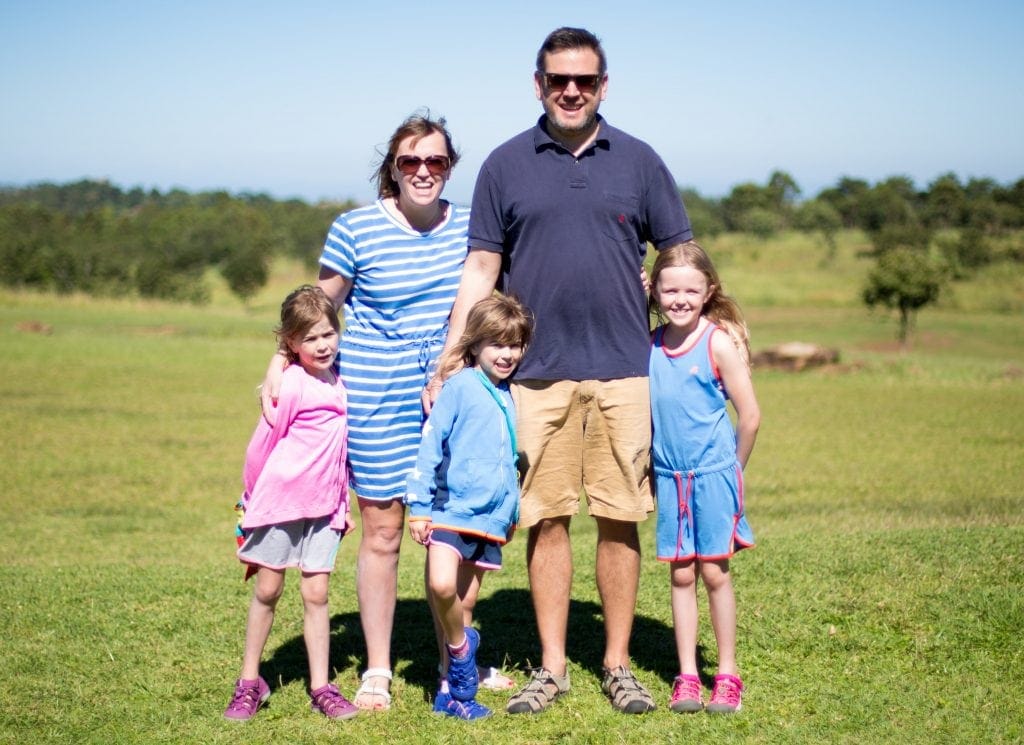
Visas
Visas costs always take me by surprise. Even more so now that we are a family of 5. In Malawi those visa costs last year were $75 each so an additional $375 at the airport on your way in.
There aren’t any ways of avoiding these fees either. It’s pay them or nothing. What you can do though is try and investigate whether you can sort out and pay for your visas before you get to the airport. This has two benefits, budgeting and time too.
When we were in Malawi we landed after a 16 hour flight and it took us an extra hour to get through the form filling in, standing in line and getting visas approved. We were literally the last people out of the airport. We watched our bags go round and round on the carousel as we filled in another form and waited for it to be approved.
This time I could fill in an application form for my Tanzania Visa online. Make sure you only use the official channels though. I paid my money and then waited for the approval. 2 out of 5 came back, 3 didn’t say yes or no.
Tip: Make sure you leave enough time to compete your Tanzania Visa online as they only reply to queries about them between 3-5pm in the afternoon and sometimes aren’t available then.
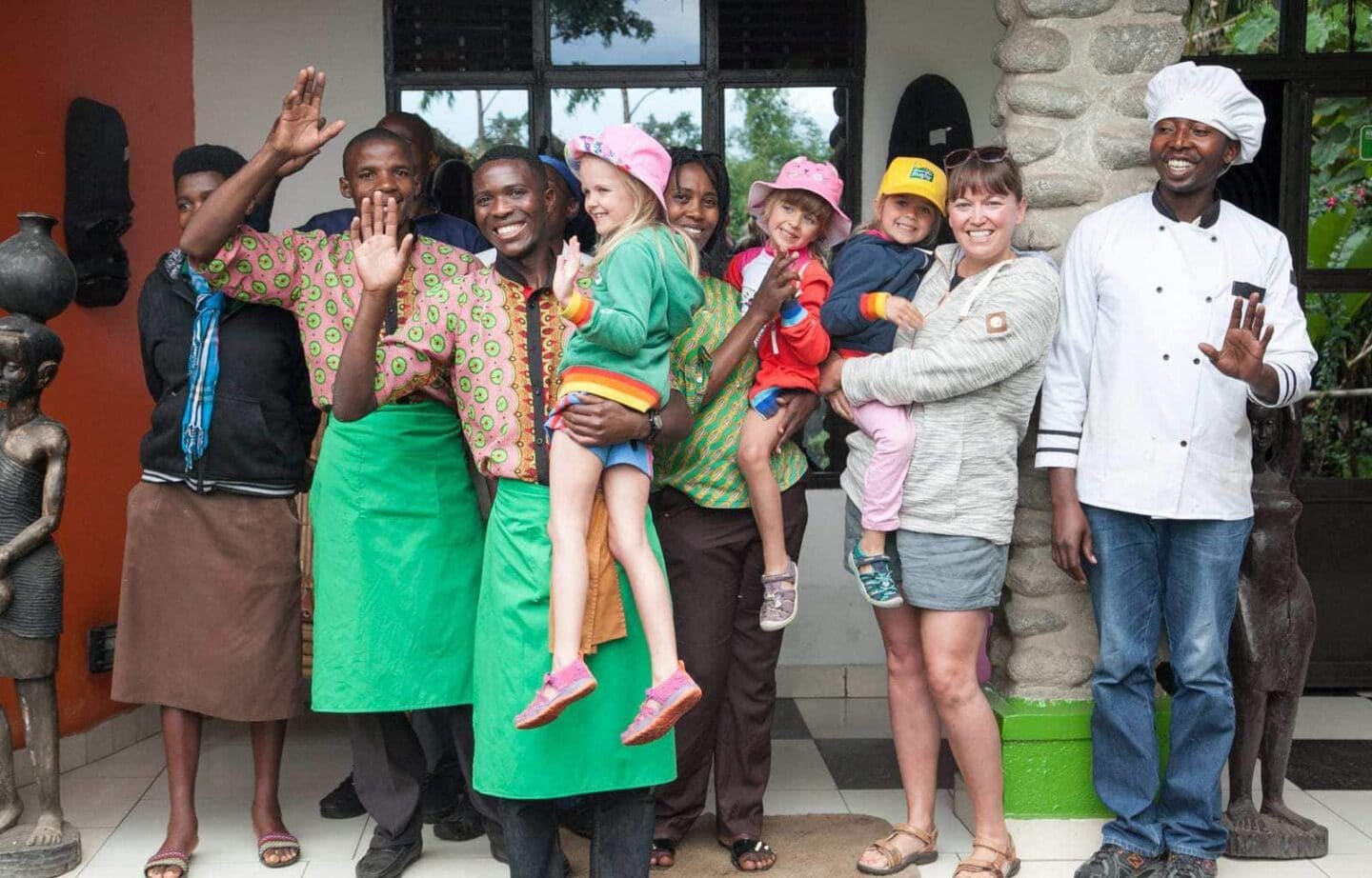
Tips
Everywhere you go in Africa from the porter at the airport, to your guide, your driver if you have one, to the staff in the hotel. All will need to be tipped.
The people you are served by, with a warm smile and a lot of genuine assistance, won’t be paid a lot of money and will rely on the tips you can give. At the places we stayed in Tanzania and most of those places in Malawi, there was a tip box you could use at the end of your stay to compensate the whole team. At places we stayed in Rwanda this wasn’t as usual, and so you had to decide how much to tip individually.
This post isn’t in any way saying that I don’t want to tip. I always tip in Africa and actually tip very heavily as I always reflect on how lucky I am and how comfortable my situation is, but the tips do add up and you should add this into your budget.
Tip: It’s always useful to get some advice on what currency tips should be paid in. It is often American Dollars but in some places it is definitely local currency.
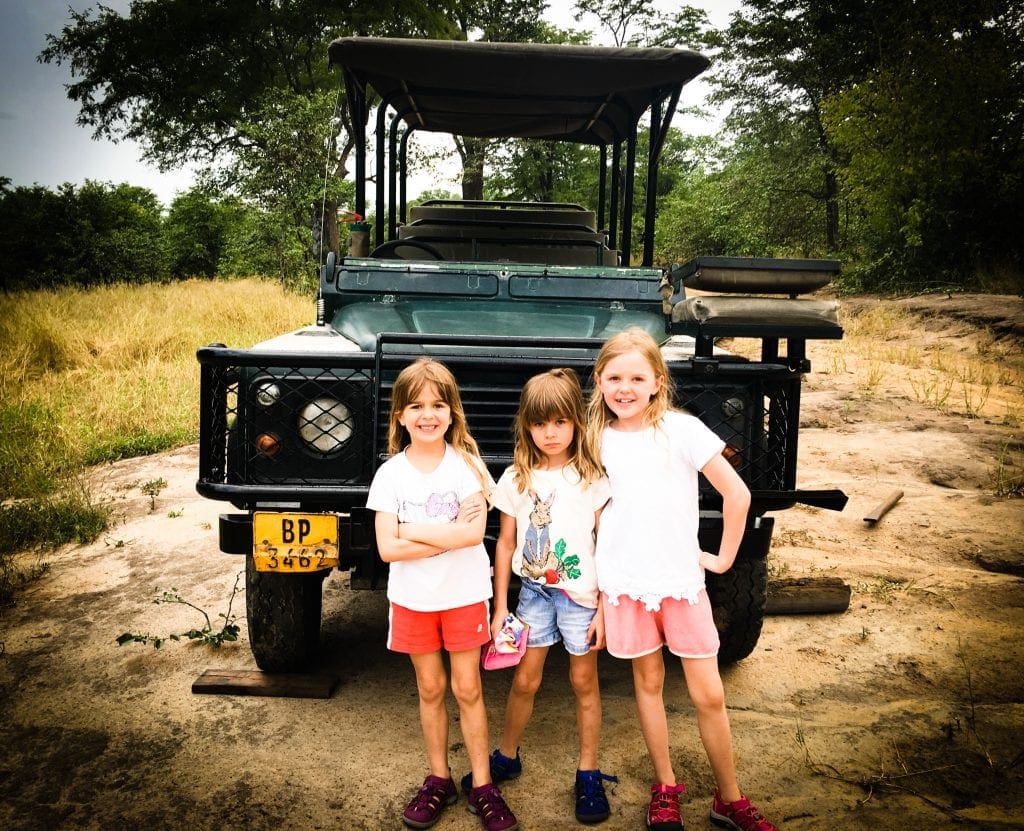
Vaccinations
Travel vaccinations will be required when you travel to Africa to protect yourself and your children from infections that are more prevalent there, and that don’t exist in the UK. We’ve never let the risk of disease put us off travelling with our children as we are of the view that provided you get the right vaccinations you should be able to travel to some exciting places across the world.
When we travelled to Rwanda in 2017 we needed to have Yellow Fever; Hepatitis A; Tetanus, Cholera; Diphtheria; Hepatitis B; Meningococcal Meningitis; and Typhoid vaccinations. We discussed Rabies injections with the healthcare professional and decided that it wasn’t necessary for what we were doing but everyone must take their own advice on this.
You need to do your own research on the associated costs of all the Travel Vaccinations available as different areas of the country and different GP surgeries also charge different amounts. We were also offered some of the more common injections we needed from our GP at no cost. The more specific ones like Yellow Fever for example will always attract an additional fee and these can really add up.
The rabies injections which we didn’t need in the end would have cost £200 per person, adding £1000 to the cost of the trip.
You can read more about Vaccinations in this post about the Superdrug vaccination service.
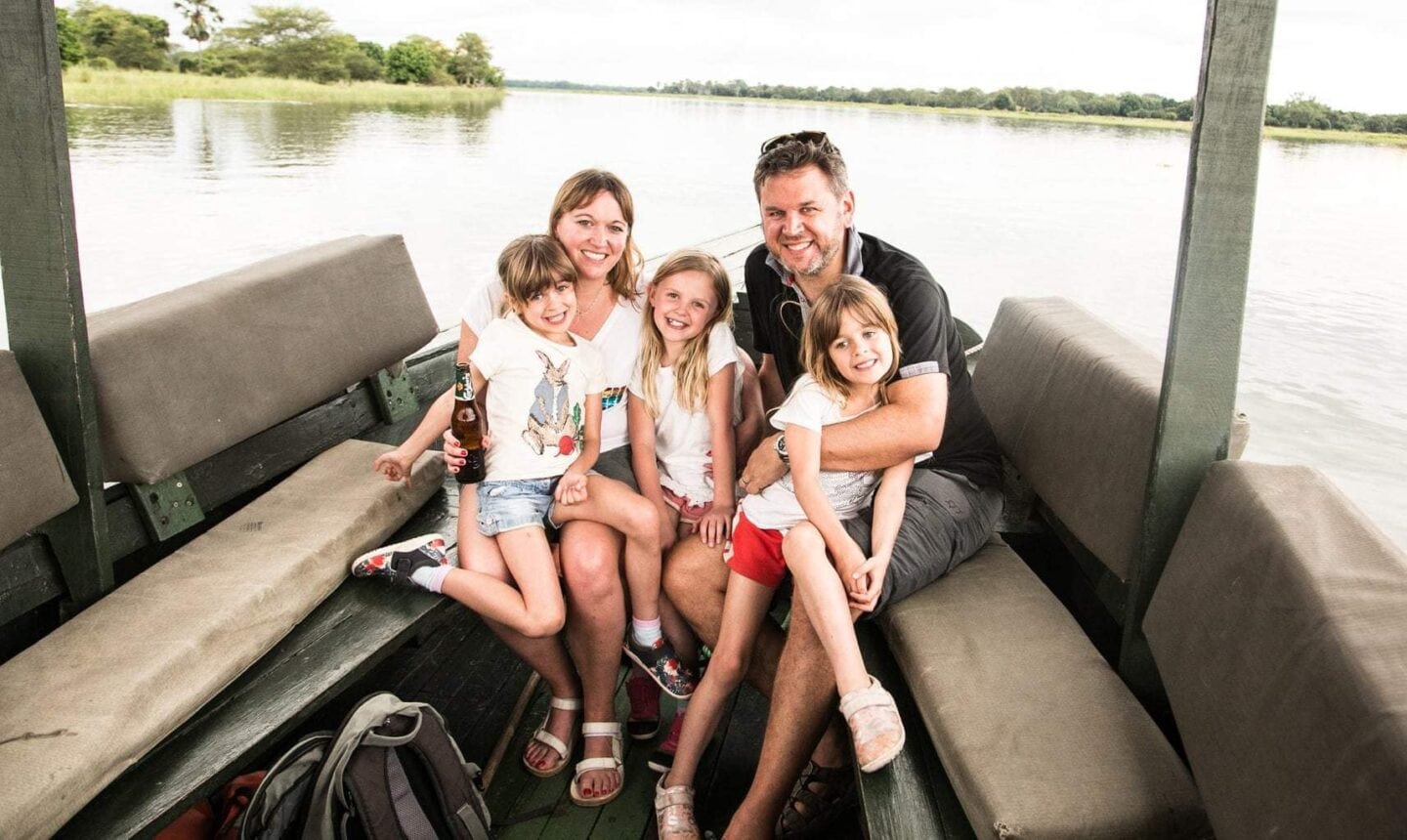
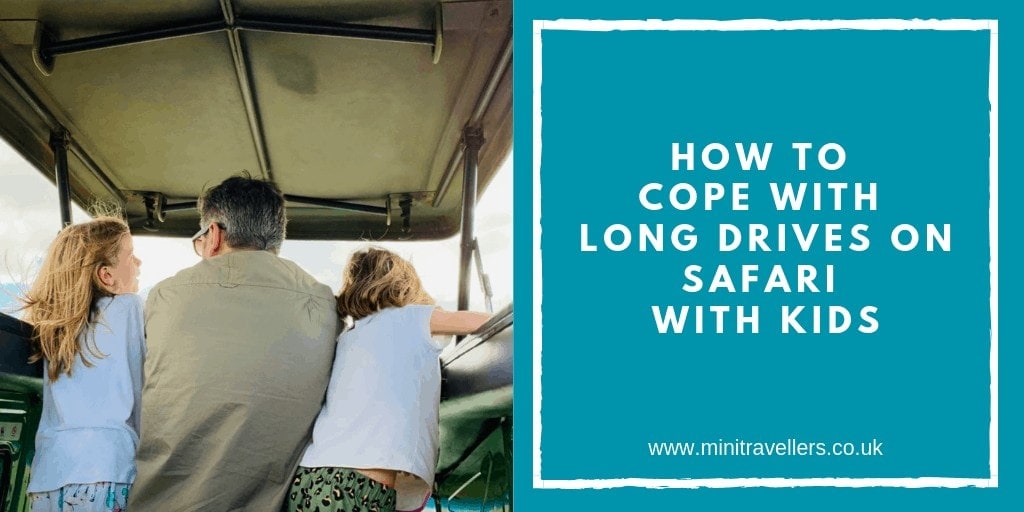
Malaria Tablets
There are a lot of places in Africa you can travel to without needing to take malaria tablets as they are malaria free. However on all our last three trips to Africa with the children we have needed to take them.
Our malaria tablets of choice are Malarone as we haven’t experienced significant side effects from taking them, albeit you well might have a different experience. I know Larium suited the Travelynn family who were travelling for longer than us as they only needed to take them once a week rather than every day.
Malarone (and malaria tablets generally) can however be quite pricey. The cheapest we have found is Malarone at Asda starting from £1.50 per tablet. For a two week holiday (and you need to take it for two days before and a week after you come back) this can soon add up. It was another £150 for our family of five for our Malawi trip.
Mobile Phone Costs
Mobile Phones in Africa are a communication lifeline. In a few short years, the proliferation of mobile phone networks has transformed communications in sub-Saharan Africa. It has also allowed Africans to skip the landline stage of development and jump right to the digital age.
This means that rather than being off the grid when you’re in Africa you are likely to be contactable and able to receive messages and data but with that comes the problem of paying for it.
When I was in Rwanda we solved this problem by buying a Rwandan sim card for one of our phones, meaning I couldn’t get calls or receive data from my own sim card which saved me a fortune.
In Malawi I had a couple of accidents with my phone and turned it onto data accept when I shouldn’t have done and a lot of messages downloaded costing a fortune. Don’t do this!
In Tanzania I got around this issue by having my own phone and sim, but turning off all data connections and relying on the wifi provided by Skyroam Solis a mobile hotspot with an inbuilt powerbank.
Skyroam Solis can keep you connected to the internet in 130+ countries worldwide, and it included Tanzania! It’s handbag sized, SIM-Free and really very easy to use! There are no contracts involved and up to 5 devices can be connected to the hotspot at once.
The Skyroam solis didn’t work all the time for us in Tanzania but that’s because it can only be used when there is a 3g or 4g network present to use and there are vast parts of Tanzania that aren’t covered. It does however work in the Ngorongoro Crater! Which you can see in my Instagram Stories from Tanzania.
Tip: Work out a mobile strategy before you go it will save you a lot of time and money.
If you have any other thoughts on Unexpected Costs of an African Safari do leave us a comment or get in touch.
Why not PIN this post about Unexpected Costs of an African Safari
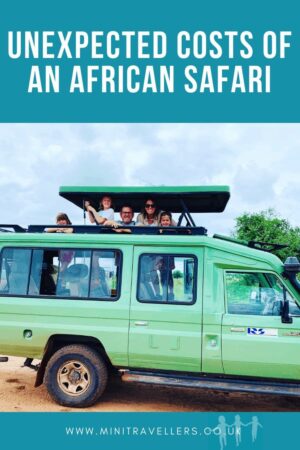
1 - Join our Reviews and Recommendations Facebook Group here which includes lots of ideas for things to do - you can post your own recommendations too.
2 - Buy our debut novel for boys and girls ages 7-11 The Little Museum (an exciting adventure set in France)
3 - Click here to leave Mini Travellers a Google Review.
4 - Share this post with your friends
5 - Follow Mini Travellers on the following platforms :
Thank you for your support as always.
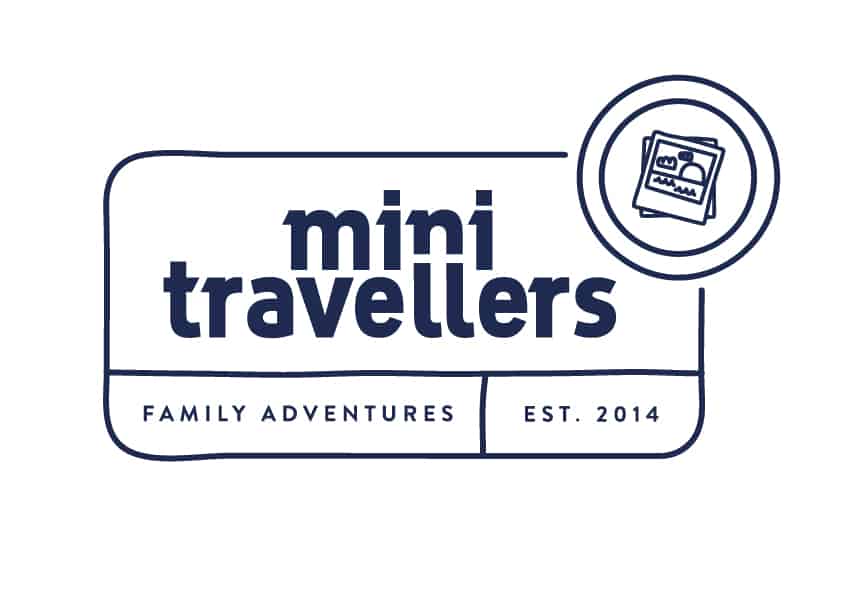
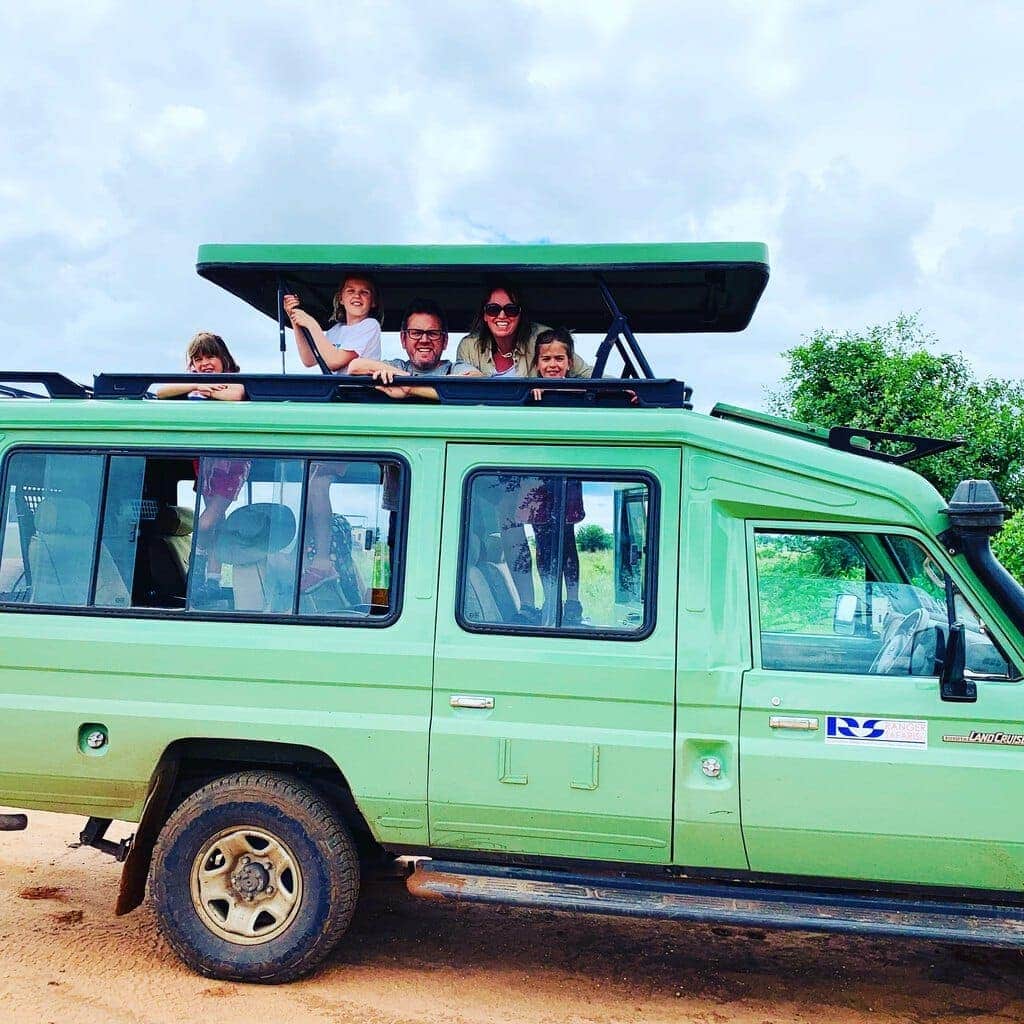







These are all really useful and we all know how those unexpected extras can add up
Great list. You might also include ‘Park Entrance Fees’, if self driving!
Yes a very good point